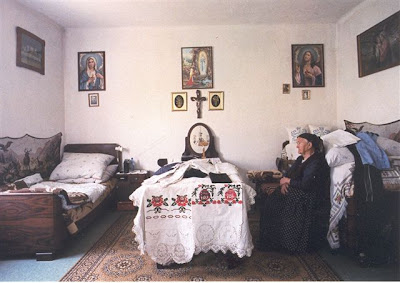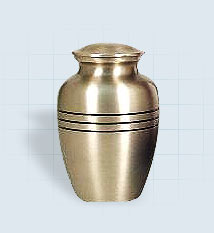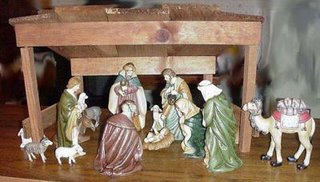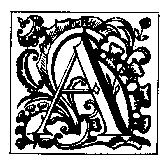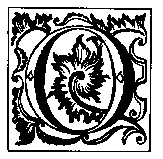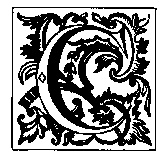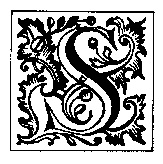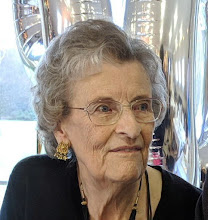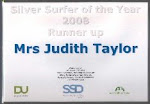 British people are familiar with sight of the London Cenotaph in Whitehall, the focus of the annual ceremony to remember those who were killed serving their country. For a brief moment yesterday I was watching the ceremony on TV, when suddenly the camera focussed in close on the words engraved on the side, below the stone wreath. If I had been asked, I don't believe I would have known what they were, but now I feel I shall not forget them.
British people are familiar with sight of the London Cenotaph in Whitehall, the focus of the annual ceremony to remember those who were killed serving their country. For a brief moment yesterday I was watching the ceremony on TV, when suddenly the camera focussed in close on the words engraved on the side, below the stone wreath. If I had been asked, I don't believe I would have known what they were, but now I feel I shall not forget them. THE GLORIOUS DEAD
THE GLORIOUS DEADWhat, I ask myself, is 'glorious' about dying on the battlefields, or on the home fronts, of wars which are not of your making or choosing. True, many will distinguish themselves with acts of great courage, but the context of their deaths remains the same.
I hear echoes of British jingoism in the words, chosen by Rudyard Kipling ,a year or two after the end of the 1914-1918 war. I feel that it is time to let go of the notion that such deaths are glorious. The words seem designed to conceal the horrendous and wasteful realities of war - indeed, perhaps they were.
I am not suggesting for a moment that we should not remember and honour those who died. And I suppose that at least as long as there are veterans still surviving of the two great world wars, remembrance ceremonies will continue.
But I can't help thinking to myself that a more appropriate inscription would be:
THE WASTED DEAD

